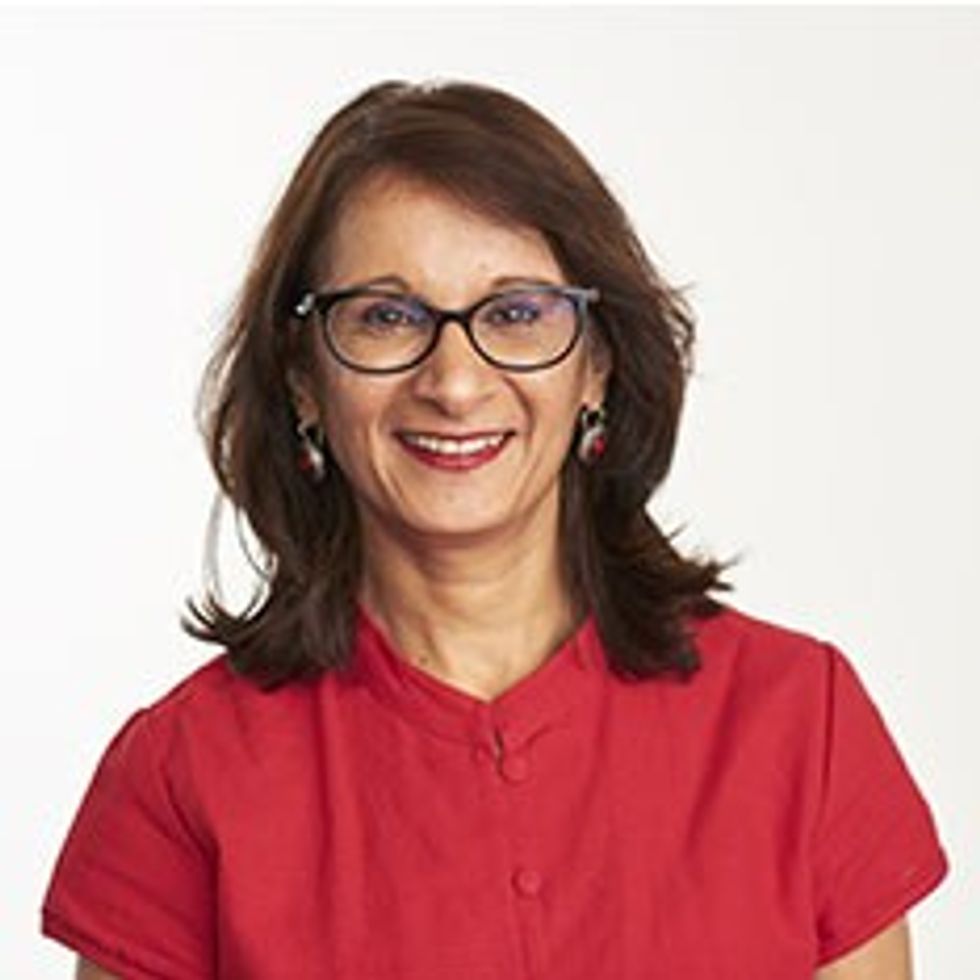‘ARE you on insulin yet?’ This is a question I’ve heard fellow south Asians ask each other frighteningly often. It implies that the diagnosis of Type 2 diabetes – a potentially life-threatening disease – is somehow inevitable, or at the very least, unsurprising.
This must stop. Our risk of diabetes is thought to be three to five times higher than it is for the white British population. In fact, one in five of us with diabetes across the world is of south Asian origin.
But there should be nothing inevitable about a diabetes diagnosis. Diabetes used to be considered to be in our genes – we do deposit more fat around our tummies – but it’s now accepted that it’s our lifestyles, particularly our diet and our lack of exercise, that are to blame.

I’ve spent more than 20 years researching diabetes in south Asian communities and I’ve been shocked at some of the myths surrounding the disease. I’ve heard members of our communities strongly argue that exercise is bad for those with diabetes because it makes them “weak”. Others have told me they believe the act of praying is enough daily exercise to control the disease. The truth is that we all need at least 150 minutes of exercise each week to prevent or control – diabetes.
This can be light walking, but something more vigorous is even better. We need to look carefully at our diets. Fried foods, such as samosas, masala curries and bhajis are full of carbohydrates and calories. They increase the risk of fluctuations in blood sugar. Instead, we should choose bhunas and tandooris and opt for olive oil over ghee and butter.
No-one wants to stop a good party and I’m a fan of our celebrations as much as anyone, but where are the fruits, vegetables and salads at community festivals and joyous occasions?
There is often very little that is healthy for a diabetic to choose from. Instead, there’s a dangerous tendency from the party’s hosts to encourage all to over-eat.
I’ve treated many south Asian patients who’ve become blind as a result of uncontrolled diabetes. The tragedy of this is that this blindness could have been prevented in many cases.
Diabetic-related blindness is higher among those of south Asian origin than in other populations and often occurs at an earlier age, but more exercise, a healthier diet, no alcohol or smoking and regular eye screenings would make it far less common.
Research by the World Health Organization shows that between 1980 and 2014, the number of adults with diabetes almost quadrupled to 422 million. In the coming years, rates of diabetes are set to increase even more across the world.
It’s time our community leaders – and each one of us – stemmed this tide. We must wake up to the fact that diabetes is a major life-threatening disease and it is our responsibility to change our lifestyles and those of our loved ones. We must no longer view diabetes as inevitable.
Professor Shahina Pardhan is the Director of the Vision and Eye Research Institute in the School of Medicine at Anglia Ruskin University. She was appointed the first female professor of optometry in the UK in 2001 and leads a multinational and multidisciplinary team of researchers in clinical and public health research.




‘South Asians must stop seeing diabetes as inevitable’